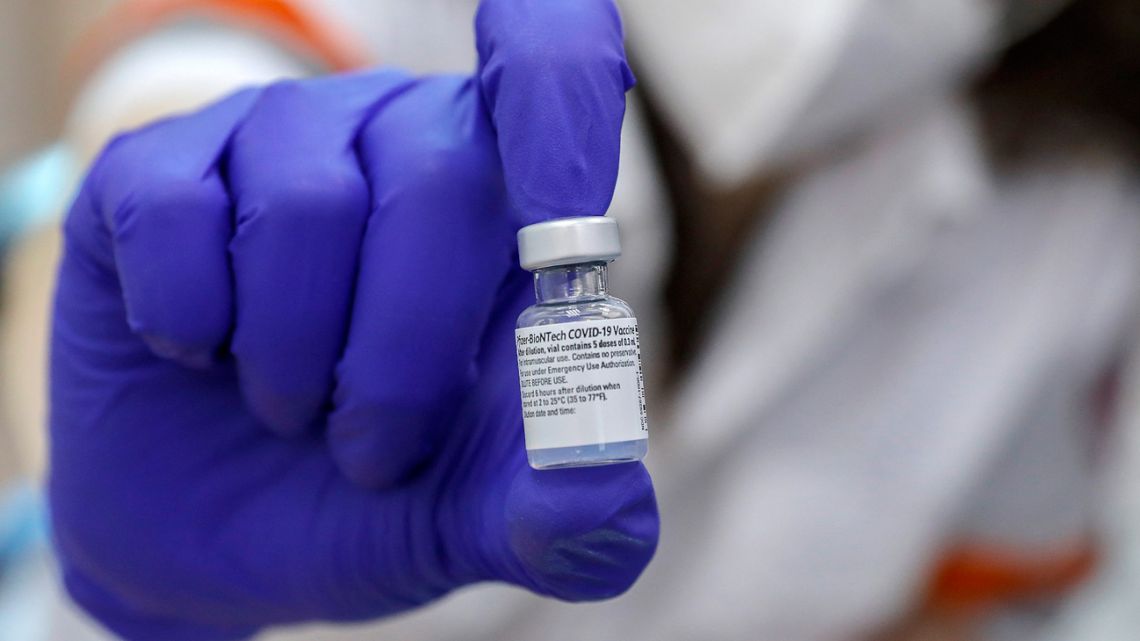Exempting Covid-19 vaccines from intellectual property rights will not speed up production or distribution of the jabs, a pharmaceutical industry association argued Tuesday.
Proponents of doing away with IP rights say more companies could produce the vaccine, which could then be used in poorer nations that have yet to receive any jabs.
But the head of a pharmaceutical group said Tuesday that managing the complex logistics of rolling out vaccines was what was slowing down jabs, not patents.
“Taking away patents now or imposing a waiver wouldn’t give you a single dose more,” said Thomas Cueni, the head of the International Federation of Pharmaceutical Manufacturers and Associations (IFPMA).
“It is really about the know-how, it is about the skill set… you still wouldn’t know how to roll them out on a large scale,” he added, speaking at a virtual briefing in Geneva.
His comments come amid a push at the World Trade Organization (WTO) to introduce a temporary IP waiver during the pandemic. The proposal, which was first put forward last year by India and South Africa, has been gaining momentum with the backing of more than 100 countries.
But several nations, including the United States and Switzerland along with the European Union, oppose the move. The opposition means the proposal cannot move forward in the WTO, which makes decisions by consensus.
Jim Robinson, in charge of the Covid vaccine manufacturing strategy at the Coalition for Epidemic Preparedness Innovations (CEPI), warned against waiving vaccine patents.
Pointing to the many people already sceptical about vaccines, he warned that poor-quality or unsafe vaccines by underqualified manufacturers could have devastating consequences.
“We don’t want to stretch so far that we break the system and we do harm,” he said, adding that vaccine production has been much more successful than anticipated.
Some 10 billion doses are expected to be produced this year – double the manufacturing capacity for all vaccines combined in 2019.
But manufacturers have faced a number of supply chain issues and bottlenecks, and there are still “significant gaps” between the expected output and the current manufacturing capacity, Cueni said.

